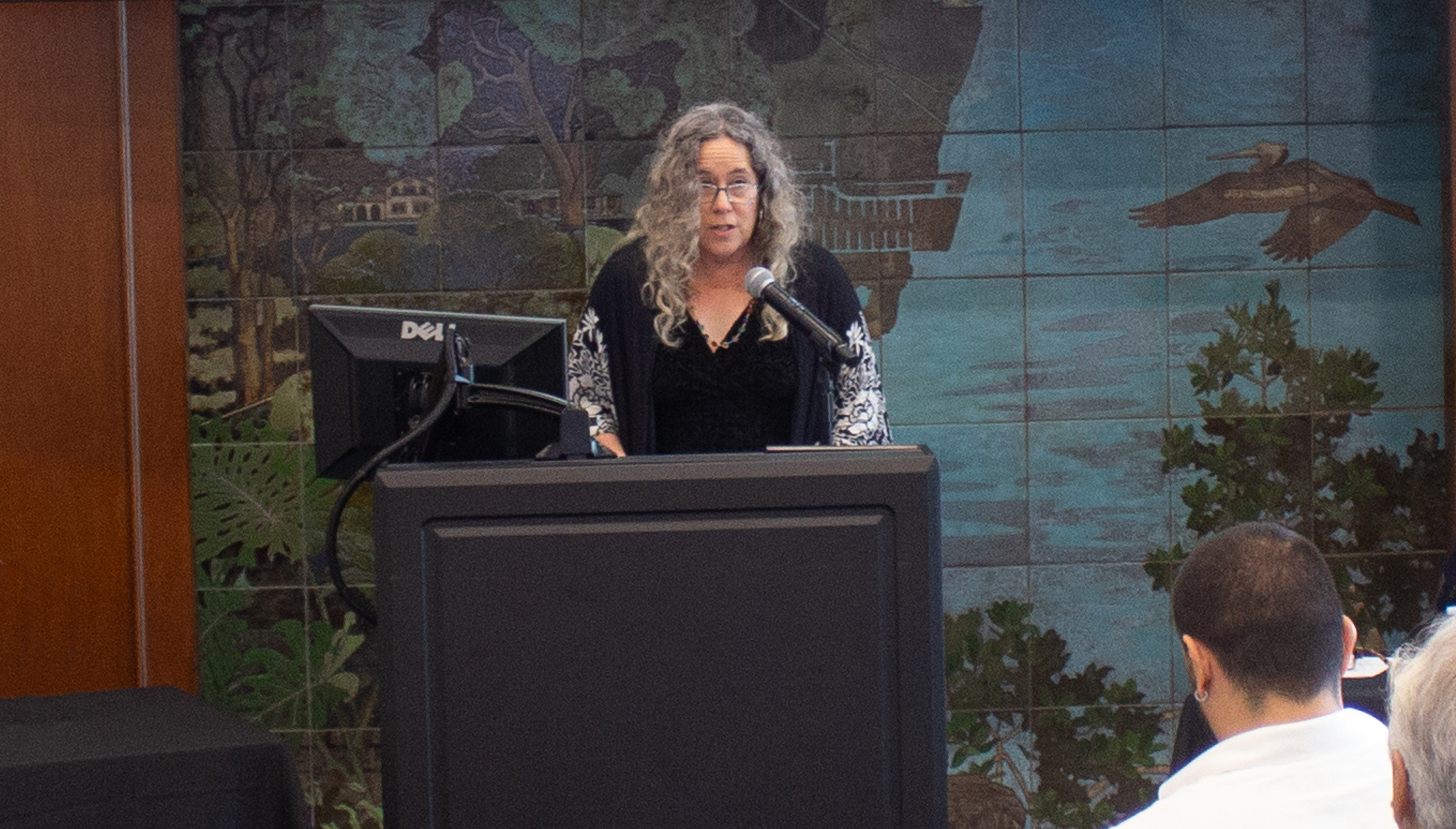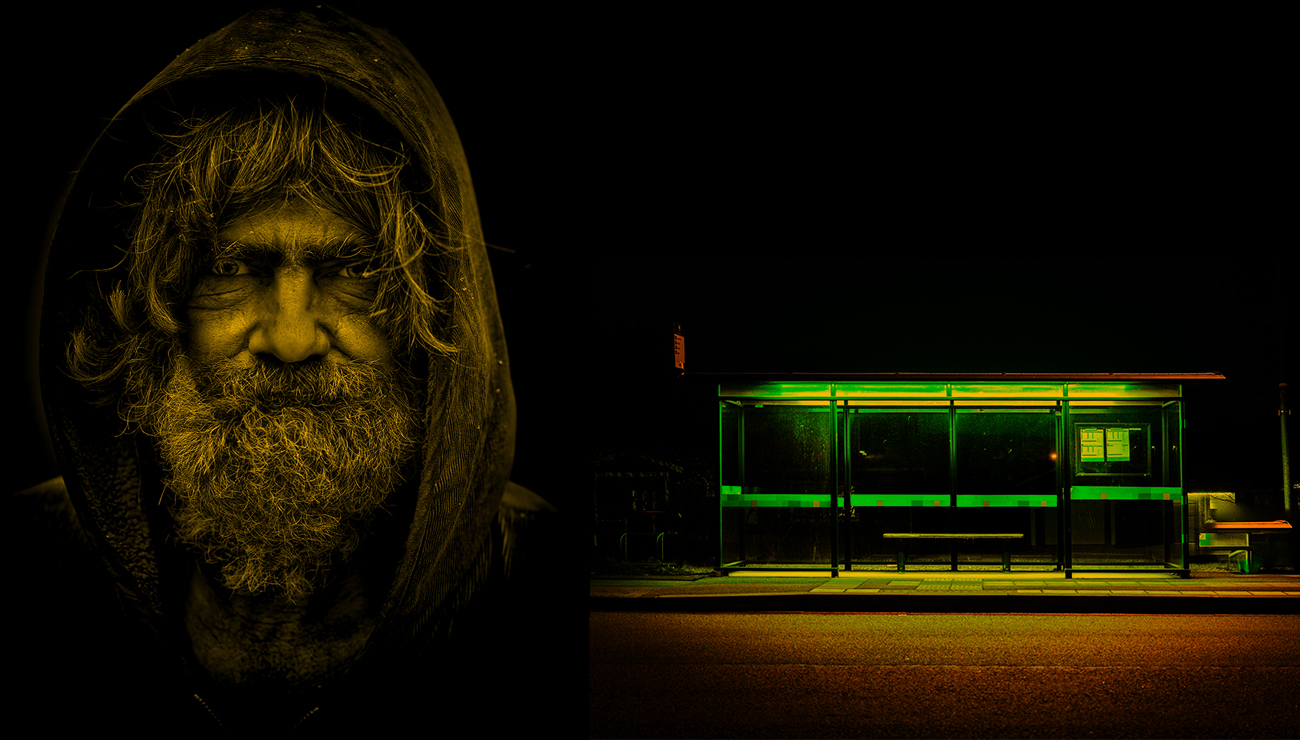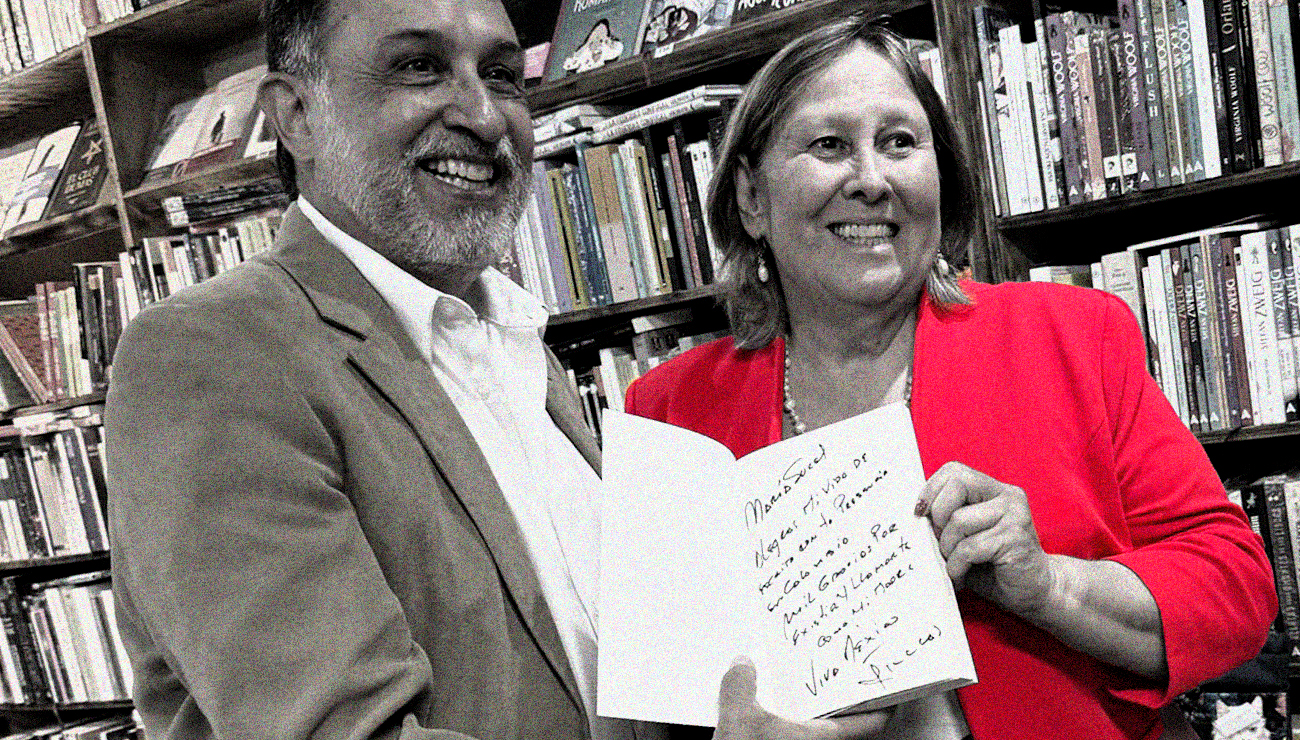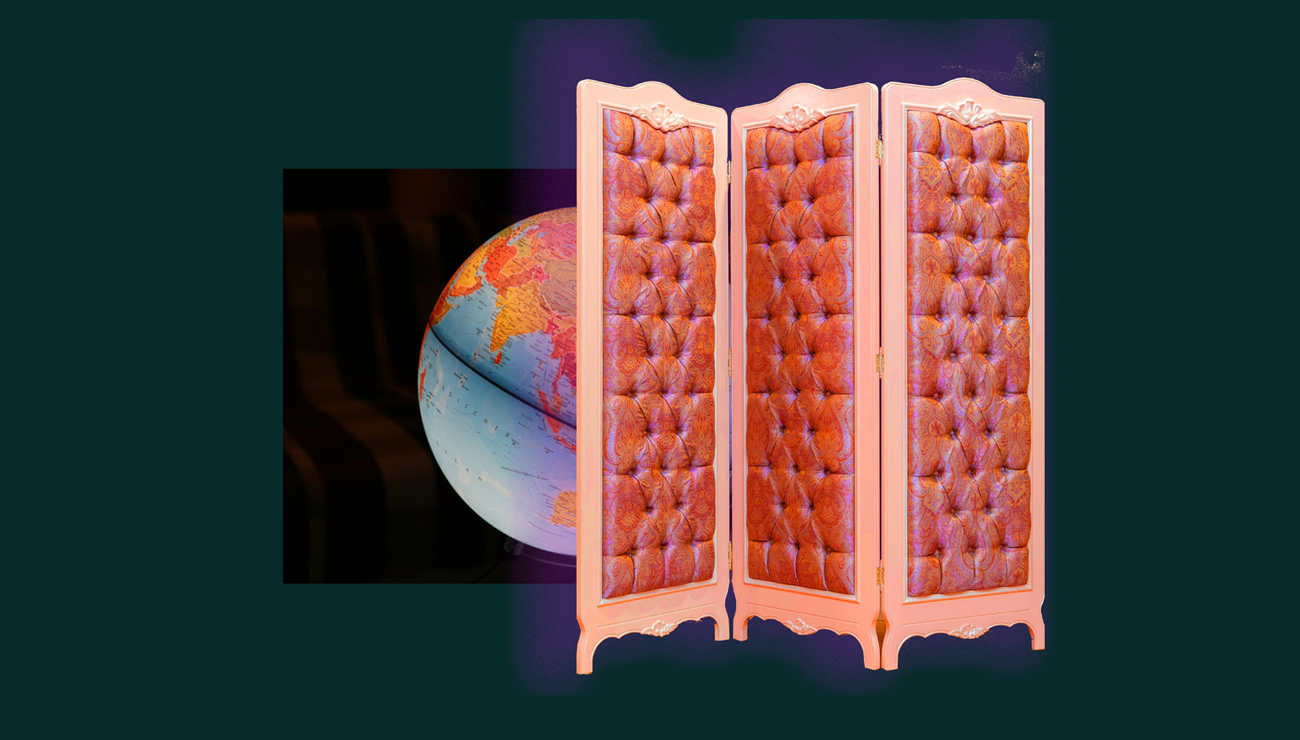
“We the Other People” Under the Lens of Yolanda Martínez-San Miguel
Autor: ©2024 William Castano-Bedoya
Reflections and Impressions on the Novel from an Academic Perspective.
“Here we have an interesting artistic choice. Instead of writing manifestoes, or legal documents, William Castaño-Bedoya writes a novel. Fiction becomes the conduit to invites us to think differently… to imagine otherwise. This is an intriguing paradox. What is the role of imagination and fiction to rethink our current times?”
—Yolanda Martínez-San Miguel—
As the moderator of the presentation of William Castaño-Bedoya’s novel on June 26th at the Coral Gables Library in the state of Florida, Yolanda Martínez-San Miguel brought an academic touch to the event, enriching the discussion with her scholarly expertise. Her unique perspective, combining her academic career and investigative acumen, added depth to the conversation and elevated the presentation. It was fascinating to hear her views on the themes and issues addressed, particularly from her well-informed academic background. These were her reflections and impressions:
“I’d like to start our event tonite by sharing my thoughts and impressions from reading “We the Other People: The Beggars of the Mercury Lights” by William Castaño Bedoya. This is the first novel about the pandemic I have read, and the experience was both intense and unsettling. On one hand, the novel made me revisit events we experienced firsthand. On the other hand, it invited me to inhabit the feelings and thoughts of Steve Newman, a character quite different from myself. I had many questions about the choice of this particular character as the focal point of the novel.
Revisiting the pandemic through a novel set in Miami, but seen through the experiences and thoughts of a character whose gender, race, and life experiences are completely different from mine, gave me a fresh perspective on the pandemic. It also provided a new lens through which to view Miami and Florida, along with the political debates in our state and country. This, I believe, is one of the novel’s most significant invitations to us as readers, especially considering that, according to the US Census, Miami Dade is 64.7% Hispanic and 18.5% Black.
Why did the author choose this narrative perspective, and what is achieved by constructing the narration around this character?
Another detail that caught my attention is the structure of the novel. The chapters are short and well-written, immersing us in Steven’s world—his family, his children, his neighbors, his current
and former friends, the beggars he helps on the streets, and the customers he drives around the city.
The novel presents a detailed flow of consciousness. However, there are interesting narrative choices to consider. For instance, why is the novel narrated in the third person rather than the first person? What do we, as readers, gain from having a third-person omniscient narrator who can inhabit and follow Steve’s thoughts?
A third aspect of this novel I’d like to highlight is its unique positioning between a memoir, a history book, and a testimonio. This formal detail is significant because the novel serves as a historical document, preserving details that might not be as evident to future readers. The memoir aspect is also crucial because it captures the specific feelings and thoughts of an individual experiencing a global event. The connection to the testimonio is particularly intriguing, as this genre in Caribbean and Latin American literature is typically associated with representing marginalized communities and voices. However, in this novel, the testimony comes from a paradoxical margin—that of a white discourse and experience feeling displaced amid the dramatic transformations of this country due to the emergence and arrival of minority experiences linked to migration, sexuality, race, class, etc. The setting in Florida is also significant, as our state has become a battleground in the most recent culture wars in the U.S.
This brings me to the final comment I’d like to share today, which relates to the novel’s setting: our home state of Florida and specifically Miami-Dade.
“We the Other People” invites us to consider Florida as a microcosm of the pandemic, given that the U.S. has one of the highest death tolls from COVID-19 among modern countries.
Some sobering facts: according to Worldometer there were 704 million cases of COVID-19 worldwide, resulting in 7 million deaths, with 1.2 million of those deaths occurring in the U.S.
We the Other People urges us to rethink how one of the wealthiest countries in the world, with the most advanced science, was unable to effectively handle a public health crisis like the COVID-19 pandemic. Steve Newman, the protagonist, grapples with this and reflects on issues such as the gun control debate, the crisis in the social benefits system, and a society dominated by capital that no longer values education, health, and the right to work.
Steve wants to make a difference, and writing becomes his outlet. But instead of writing a novel like William Castaño Bedoya, he writes manifestoes, urging professionals, politicians, and citizens to contemplate what would happen if, instead of the pursuit of happiness (which can be easily monetized), our constitution guaranteed the right to live without fear. Fear becomes a central theme in the novel, used to invite us as readers to imagine a different world.
Here we have an interesting artistic choice. Instead of writing manifestoes, or legal documents, William Castaño-Bedoya writes a novel. Fiction becomes the conduit to invites us to think differently… to imagine otherwise. This is an intriguing paradox. What is the role of imagination and fiction to rethink our current times?
In our presentation today we will talk to the author and two distinguished guests that will explore different aspects of the novel. We hope that our conversation may encourage those in the audience that have not read the novel to get a copy today and read it. And beyond the novel… we hope that the conversation tonite will serve as a provocation for all of us to get involved in creating the world we want to live in by putting our time, energy and imagination.
Source (https://www.worldometers.info/coronavirus/, not updated after April 13, 2024)
Yolanda Martínez-San Miguel, Marta S. Weeks Chair in Latin American Studies in the Michelle Bowman Underwood Department of Modern Languages and Literatures at the University of Miami, is an esteemed scholar specializing in colonial and postcolonial Latin American and Caribbean literature. Her academic career includes teaching positions at prestigious institutions such as Princeton University, Rutgers University, and the University of Pennsylvania. Martínez-San Miguel’s courses cover critical theory, comparative coloniality, gender and sexuality studies, and Latinx, Latin American, and Caribbean studies. She has co-edited influential volumes, including Contemporary Archipelagic Thinking and The Routledge Companion to Colonial Latin American and Caribbean Studies. Currently, she is working on her fifth book, Archipiélagos de Ultramar, which explores cultural productions in Caribbean and other colonial archipelagos. Additionally, she co-edits a book series on Critical Caribbean Studies at Rutgers University Press.
Finished reading and want more? Your next favorite story is just a click away.
Explore my books!
A Planetary Choreography: Each Tragedy Serves as a Screen to Hide Another
William Castaño
William Castaño-Bedoya is an American writer based in Coral Gables, Florida. His literary fiction explores the ethical, psychological, and emotional structures that shape human relationships, focusing on love, vulnerability, and the tensions between power and compassion. His narrative voice is marked by interiority, silence, and moral inquiry, privileging emotional intelligence over spectacle. After a long career in marketing and creative leadership, he turned fully to literature, bringing a strategic understanding of contemporary human experience to his work. He is the author of several novels, including "The Intriguing Stillness of the Tides", "We the Other People", "Ludovico", "Flowers for Maria Sucel", "The Galpon", and "We’ll Meet in Stockholm".



